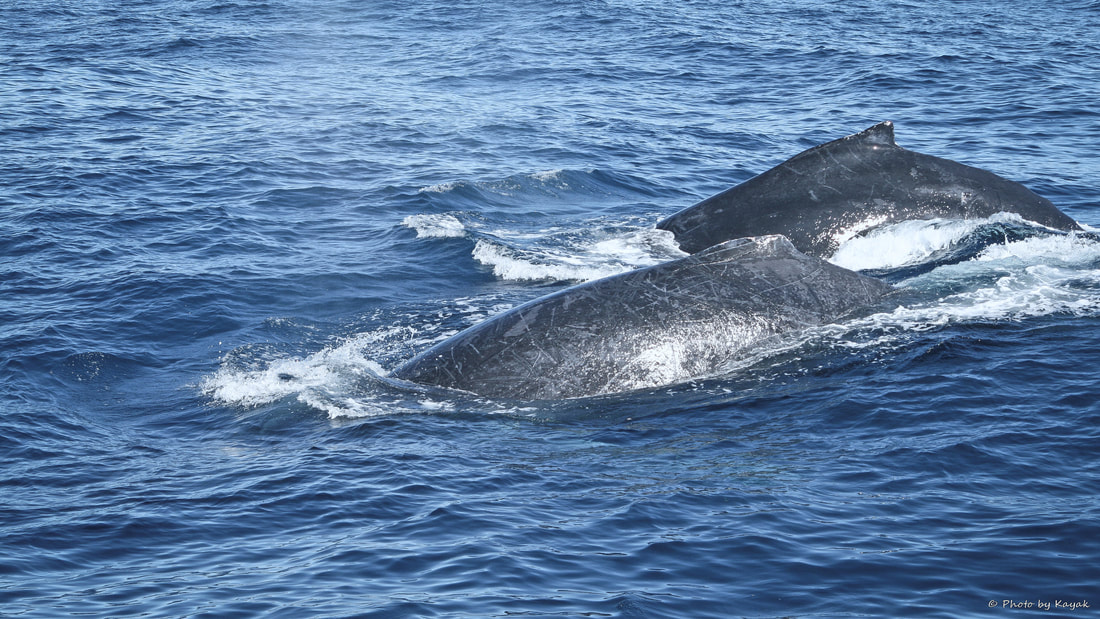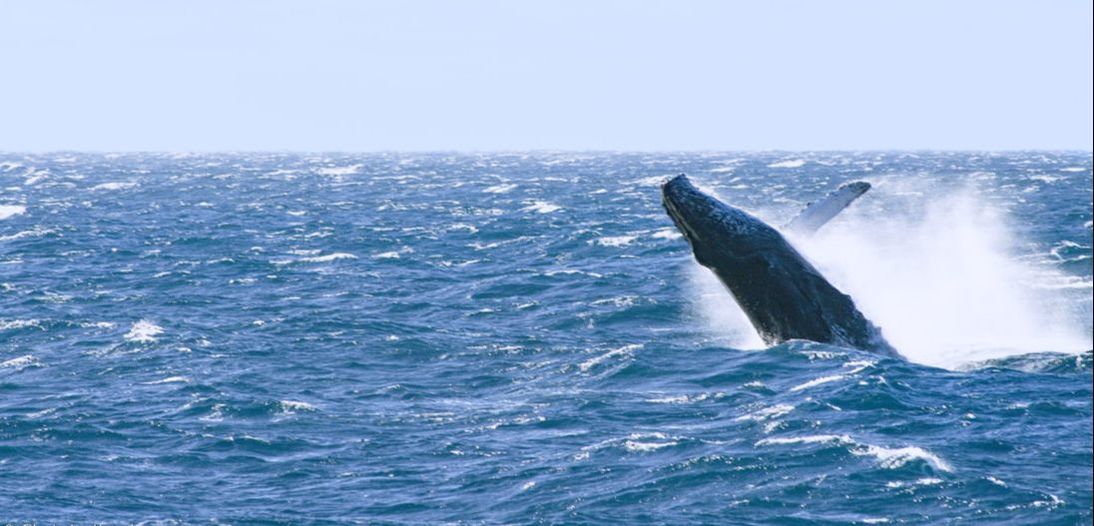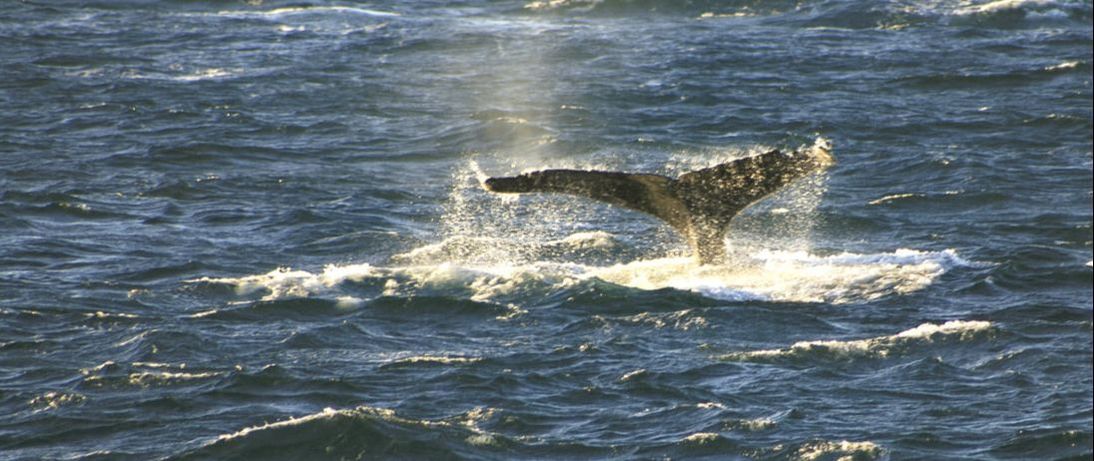|
Occasionally, we will repeat a past post that continues to draw attention from readers. This post first appeared in January of 2016. The images are new. AN INTERESTING ARTICLE in the Economist points out why reading the book can sometimes be more interesting, and certainly more informative, than seeing the movie. Check out Nathaniel Philbrick's In the Heart of the Sea (Harper Collins) to read the whaling story that inspired the movie of the same name but also to learn how a group of 19th century Quakers turned the island of Nantucket and Massachusetts into a 19th century whaling powerhouse. Using a creative economic model that attracted capital investment and matched incentives to results, the leading financiers of the industry in New Bedford generated returns as high as 60% a year and average industry returns of more than 14% a year for more than seven decades! As the book and movie depict, whaling was dangerous business with trips that lasted years on the ocean to fill a ship's hold with oil. And, while there were whalers from around the world, New Bedford and Nantucket became the world's leading producers. As noted in the Economist article: "New Bedford was not the only whaling port in America; nor was America the only whaling nation. Yet according to a study published in 1859, of the 900-odd active whaling ships around the world in 1850, 700 were American, and 70% of those came from New Bedford. The town’s whalers came to dominate the industry, and reap immense profits, thanks to a novel technology that remains relevant to this day. They did not invent a new type of ship, or a new means of tracking whales; instead, they developed a new business model that was extremely effective at marshaling capital and skilled workers despite the immense risks involved for both." The whaling industry, the article notes, "was one of the first to grapple with the difficulty of aligning incentives among owners, managers and employees. . . . Managers held big stakes in the business, giving them every reason to attend to the interests of the handful of outside investors. Their stakes were held through carefully constructed syndicates and rarely traded; everyone was, financially at least, on board for the entire voyage. Payment for the crew came from a cut of the profits, giving them a pressing interest in the success of the voyage as well. As a consequence, decision-making could be delegated down to the point where it really mattered, to the captain and crew in the throes of the hunt, when risk and return were palpable." Just as with venture capital investments today, investors invested in multiple ventures to diversify risk. One firm noted in the article owned 15 ships, kept between four and nine at sea at one time, lost most of them and still turned a significant profit. The investors, being Quaker, were also frugal and open to technology improvements regardless of their source. The New Bedford system had its flaws as well. A lay system to divide a portion of profits among crew members could lead to abandoned crew members and worse. And, while the whaling industry eventually depleted the worlds population of whales and became mostly obsolete with the advent of the petroleum industry, many of the business practices they employed are used today, in modified form, in high-risk, high-return industries like venture capital. Next week we will talk about Great Baby Blues or the benefits of floating. Seriously, that's the topic. All photos and text copyright Clinton Richardson.
If you like these posts, please tell your friends about the Venture Moola blog at Readjanus.com. And, feel free to share this blog. The more readers the better. Click here to subscribe to a weekly email that tells you when we issue new entries. Or, click in the column to the left to follow us on Facebook or Twitter. The venture moola blog comes to you from Atlanta, Georgia. Find it at readjanus.com. Copyright Clinton Richardson.
Comments are closed.
|
the blog
Travel, history, and business with original photos.
your hostClinton Richardson - author, photographer, business advisor, traveler. Categories
All
Archives
July 2023
Follow us on Facebook
|
Check out Ancient Selfies a 2017 International Book Awards Finalist in History and 2018 eLit Awards Gold Medal Winner and
Passports in his Underpants - A Planet Friendly Photo Safari a 2020 Readers' Favorite Winner in Nonfiction
Site Copyright 2024 by Clinton Richardson



 RSS Feed
RSS Feed